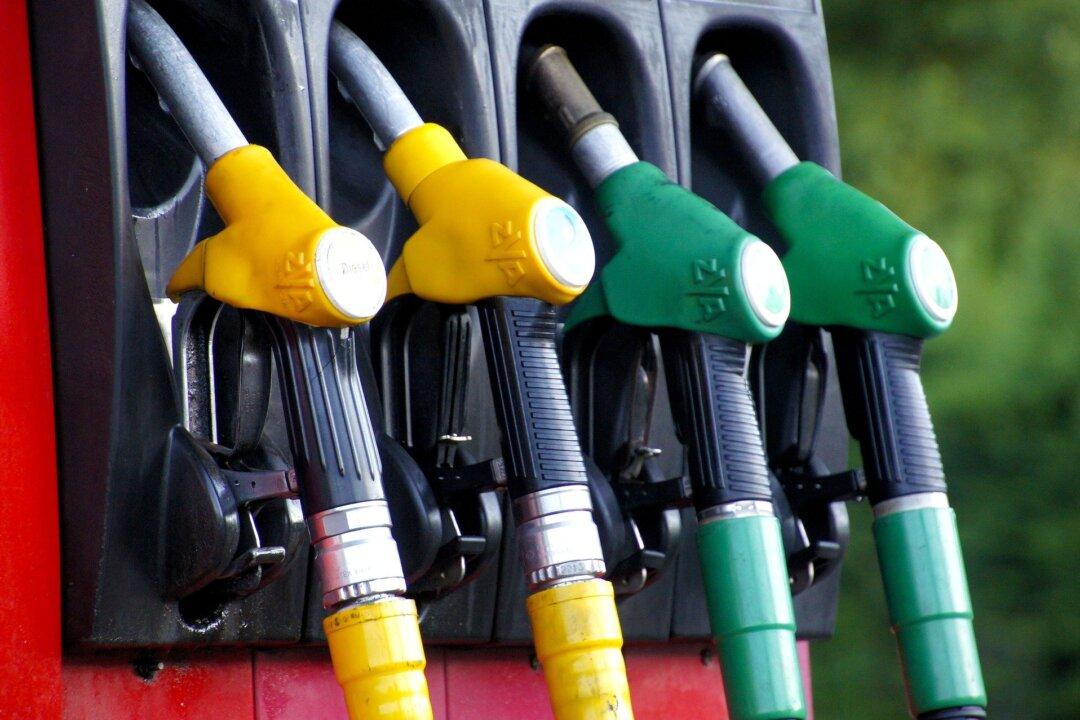Commentary
One of my early memories, and not a happy one, is sitting in gas lines in the 1970s. My parents would rustle me out of bed early on frigid February mornings, and we’d pack into the Ford and speed over to the gas station.

One of my early memories, and not a happy one, is sitting in gas lines in the 1970s. My parents would rustle me out of bed early on frigid February mornings, and we’d pack into the Ford and speed over to the gas station.